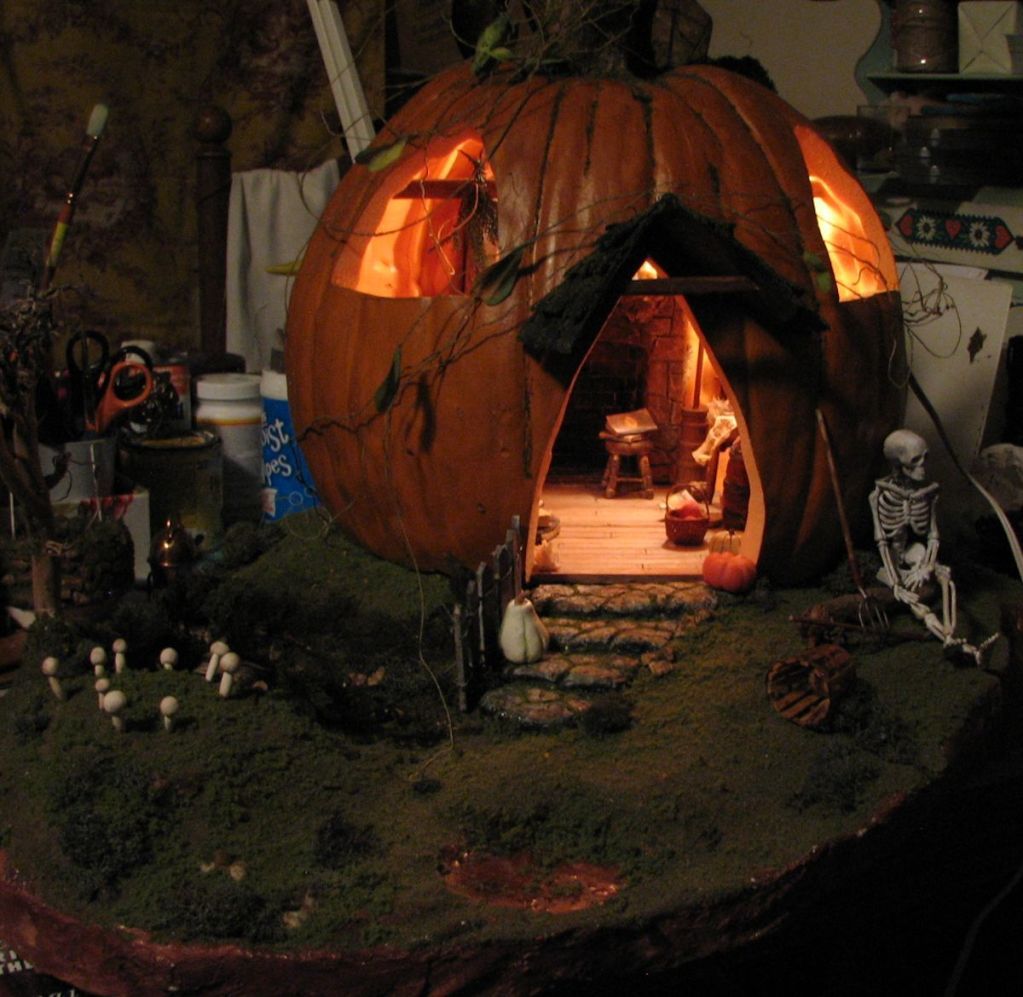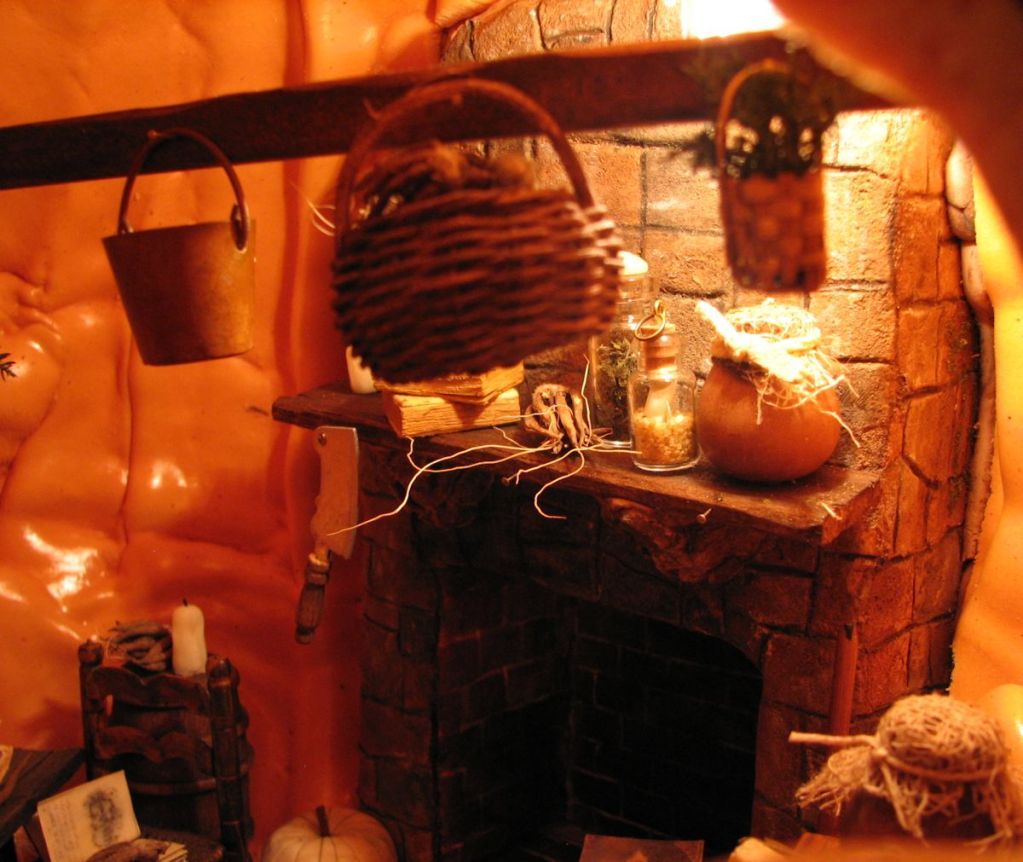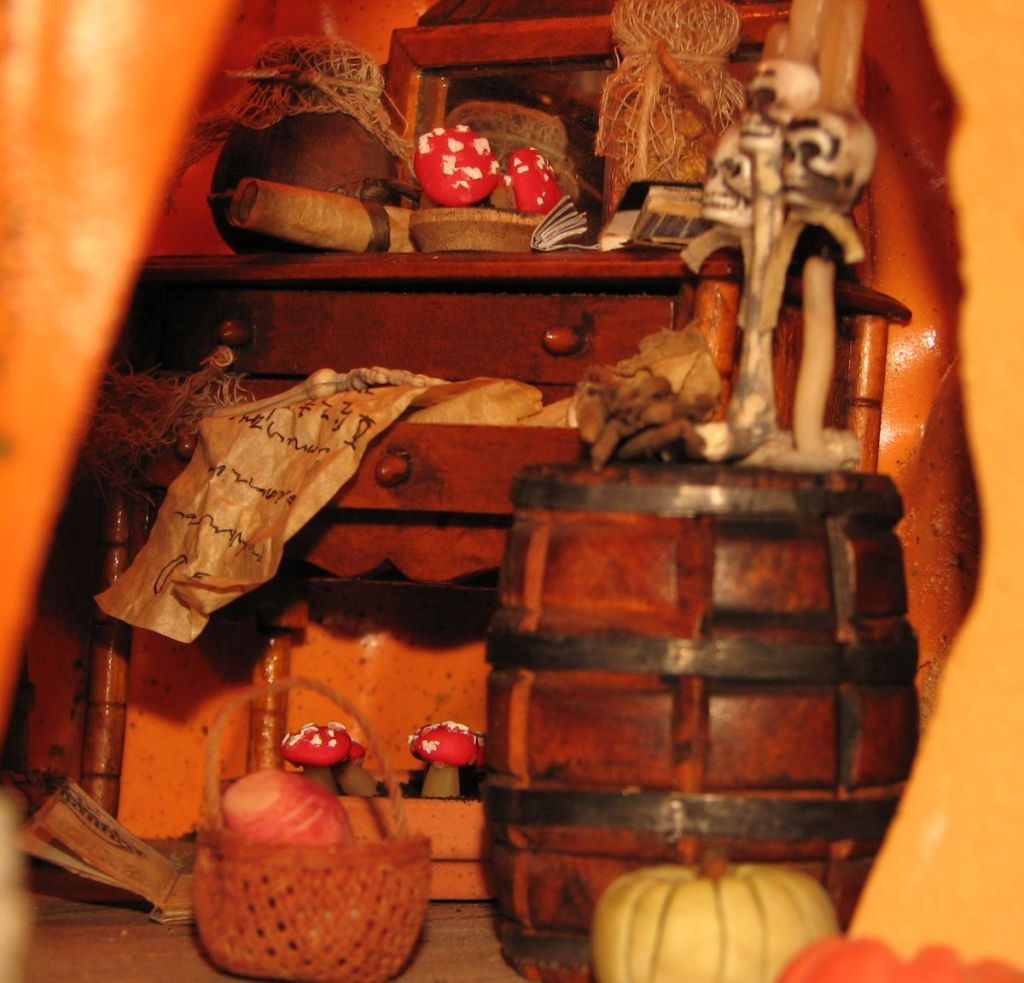Here's a project I worked on with my friend Ronda Loyer.
This is a blog about Arts and Culture in small town America. I'll be sharing inspiring stories and awesome experiences, as well as showcase cautionary tales. My goal is to provide tools for supporting artists around the country in small towns. I look forward to your contributions.
Wednesday, October 31, 2012
Wednesday, October 24, 2012
Art, What is it Good for?
I frequent an online arts discussion forum, and every now an then the subject come up of the "value" of art. A poster wrote:
I wrote this in response:
You seem to be implying that art should be implicitly good for something other than self expression.
Certainly there are other types of art... commercial art, commissioned art, "social practice" art. But fundamentally, in my experience an artist creates because he/she "has to", not because it is "good for" anything.
In the free market, that work will either be collected, or it won't. If the art is purchased, it means that that piece of art somehow communicated with another person.
Artistic expression tends to speak in languages. If you are creating art about Harry Potter, you are speaking to Harry Potter fans. If you are creating zombie art, you are talking to a particular subset of horror genre fans.
Artists who are formally trained tend to talk to other artists. Rules of self-generated composition and techniques that are esoteric languages designed to communicate to those who are "in the club".
Commercialism, pop arts, and pop culture says "f*ck that". It is the difference between telling a joke like:
Renee Descartes was on a flight to France when the stewardess asked him, "Coffee, tea, milk, Mr. Descartes?" "I think not," he replied. And VANISHED!
And a joke like (told in a southern accent):
Why's my fanger like a lemon pie? "Cause it's got my rang on it!"
The pun has been called the lowest form of humor. But I enjoy them throughly. What is a joke good for? Do you need to be versed in existential philosophy to be able to laugh? Do you need to be formally trained in visual art to enjoy imagery?
Think of how poetry has evolved over the centuries. The complex rules surrounding sonnets, haiku, etc...
Imagine if humor had those rules. Granted, limericks have a foothold in the world of poetry and humor, thus the rigid structure. But imagine a parallel world where there were subsets and genres of humor, each with its own set of rules... a "school" of humor. Humor snobs would create comedy clubs that wound up hosting comics who told jokes that only other comics would understand.
Imagine if you had to be versed in the origin of the "Niagara Falls!" routine (Slowly I turned, Step by Step, Inch by Inch) in order to understand a whole evening of jokes. Imagine all the people pretending to "get it" as they drank wine and nibbled on crackers and salmon; the room filled with queasy laughter, and half a dozen genuine deep belly roll laughs.
That is what we have done to art.
I want to understand the value of young artist work. There seems to be a plethora of cartoons and work influenced by video games, violence, and seemingly shallow and markedly gruesome subject matter. I am open minded. Someone please explain to me how to appreciate such expressions. Has formal training in the visual arts died? I understand commercialism, replication, pop arts and pop culture. But these doodles that fill the smaller galleries in Philadelphia are warping my artistic sensibility. I want to see the value in this but am struggling. Anyone up for a critical discussion?
I wrote this in response:
You seem to be implying that art should be implicitly good for something other than self expression.
Certainly there are other types of art... commercial art, commissioned art, "social practice" art. But fundamentally, in my experience an artist creates because he/she "has to", not because it is "good for" anything.
In the free market, that work will either be collected, or it won't. If the art is purchased, it means that that piece of art somehow communicated with another person.
Artistic expression tends to speak in languages. If you are creating art about Harry Potter, you are speaking to Harry Potter fans. If you are creating zombie art, you are talking to a particular subset of horror genre fans.
Artists who are formally trained tend to talk to other artists. Rules of self-generated composition and techniques that are esoteric languages designed to communicate to those who are "in the club".
Commercialism, pop arts, and pop culture says "f*ck that". It is the difference between telling a joke like:
Renee Descartes was on a flight to France when the stewardess asked him, "Coffee, tea, milk, Mr. Descartes?" "I think not," he replied. And VANISHED!
And a joke like (told in a southern accent):
Why's my fanger like a lemon pie? "Cause it's got my rang on it!"
The pun has been called the lowest form of humor. But I enjoy them throughly. What is a joke good for? Do you need to be versed in existential philosophy to be able to laugh? Do you need to be formally trained in visual art to enjoy imagery?
Think of how poetry has evolved over the centuries. The complex rules surrounding sonnets, haiku, etc...
Imagine if humor had those rules. Granted, limericks have a foothold in the world of poetry and humor, thus the rigid structure. But imagine a parallel world where there were subsets and genres of humor, each with its own set of rules... a "school" of humor. Humor snobs would create comedy clubs that wound up hosting comics who told jokes that only other comics would understand.
Imagine if you had to be versed in the origin of the "Niagara Falls!" routine (Slowly I turned, Step by Step, Inch by Inch) in order to understand a whole evening of jokes. Imagine all the people pretending to "get it" as they drank wine and nibbled on crackers and salmon; the room filled with queasy laughter, and half a dozen genuine deep belly roll laughs.
That is what we have done to art.
Tuesday, October 23, 2012
When "Dance" isn't Dance
Here's an intriguing one from nbcnews.com.
A sharply divided court in New York says lap dances don't promote culture in a community the way ballet or other artistic endeavors do, and so shouldn't get a tax break.
The article states that a lawsuit was filed by a strip club in Albany, NY that was trying to take advantage of the tax examption for "dramatic or musical arts performances".
The fascinating thing to me isn't that the lawsuit was denied. It is that the state's top court was split 4 to 3.
Wednesday, October 10, 2012
The Politics of Gaming
Back in April, I wrote a post about my experience with Role Playing Games. Seems that the irrational "Jack Chick" days of gaming are not yet over.
I just read an article "Warcraft-Playing Candidate Shamed by Republicans". Democratic candidate Colleen Lachowicz enjoys playing World of Warcraft, and online fantasy role playing game.
If she enjoyed playing shuffleboard and was ridiculed for that, I imagine the AARP would be up in arms. Time for gamers to become a political force, I think.
 |
| Jack Chick's take on Dungeons and Dragons |
If she enjoyed playing shuffleboard and was ridiculed for that, I imagine the AARP would be up in arms. Time for gamers to become a political force, I think.
Sunday, October 7, 2012
Richmond, Virginia First Fridays
 |
| Sidewalk lights in front of 1708 Gallery |
 |
| Pretty, and safe to walk on too! |
I went down specifically to see a piece by one of my favorite artists, Lynette Shelley. Lynette emailed me to let me know she would have a piece on display at Art 6 Gallery, and I had to make it a point to go see it. I've been a fan of Lynette's for years, but this is the first piece I got to see in person.
 |
| Art 6 Gallery. 6 East Broad Street, Richmond, VA |
The gallery was pretty packed. There was not only artwork, but a performance by the Latin Ballet of Virginia.
 |
| Latin Ballet of Virginia performs on landing at top of stairs at Art 6 Gallery |
As it turns out, the performance was being video taped. And where did the intrepid camera man decide to set up? Right in front of Lynette's piece!
 |
| My view blocked by a videographer, capturing the Latin Ballet of Virginia performance! |
The videographer and the DJ who had been hired for the evening both loved Lynette's piece. The DJ even had had the time to view her work online that morning, and was a big fan. The videographer graciously moved his camera for me.
 |
| Bird of Truth, 16"x20" |
Afterwards, my wife and I stopped by Gallery 5 to take in a bit of the fire show:
 |
| Poi spinning has become popular in Richmond over the past several years |
 |
| Music, spinning, and random fireball bursts |
 |
| Vegan Cupcakes and Tacos were on the Menu |
And I finally got to see some of the murals that were done during the G40 Art Summit in April.
Saturday, October 6, 2012
LOST, Teleportation, Time Travel, and Tenerife
The television show LOST was one of my favorites for six years. I spend a lot of time posting my thought about the show online under the screen name Desmondisthekey. I have to admit, I spent a lot more time thinking about the show than I did watching it, and had a blast doing it. Here's a peek into just how far "down the rabbit hole" I fell:
The Island is a Brane: Parallel Dimensions
Well, today I was reading an article about teleportation using quantum entanglement. It seems that scientists have been able to instantly teleport information over a distance of 89 miles. It is all very complex and fascinating stuff.
Here's a bit of a fun LOST link (besides the fact that it involves quantum entanglement, teleportation, and the possibility of Time Travel. The teleportation experiment involved the Canary Island of Tenerife. What is the relevance of that you might ask?
The character Richard Alpert originated from Tenerife:
The Island is a Brane: Parallel Dimensions
Well, today I was reading an article about teleportation using quantum entanglement. It seems that scientists have been able to instantly teleport information over a distance of 89 miles. It is all very complex and fascinating stuff.
Here's a bit of a fun LOST link (besides the fact that it involves quantum entanglement, teleportation, and the possibility of Time Travel. The teleportation experiment involved the Canary Island of Tenerife. What is the relevance of that you might ask?
The character Richard Alpert originated from Tenerife:
Subscribe to:
Comments (Atom)





